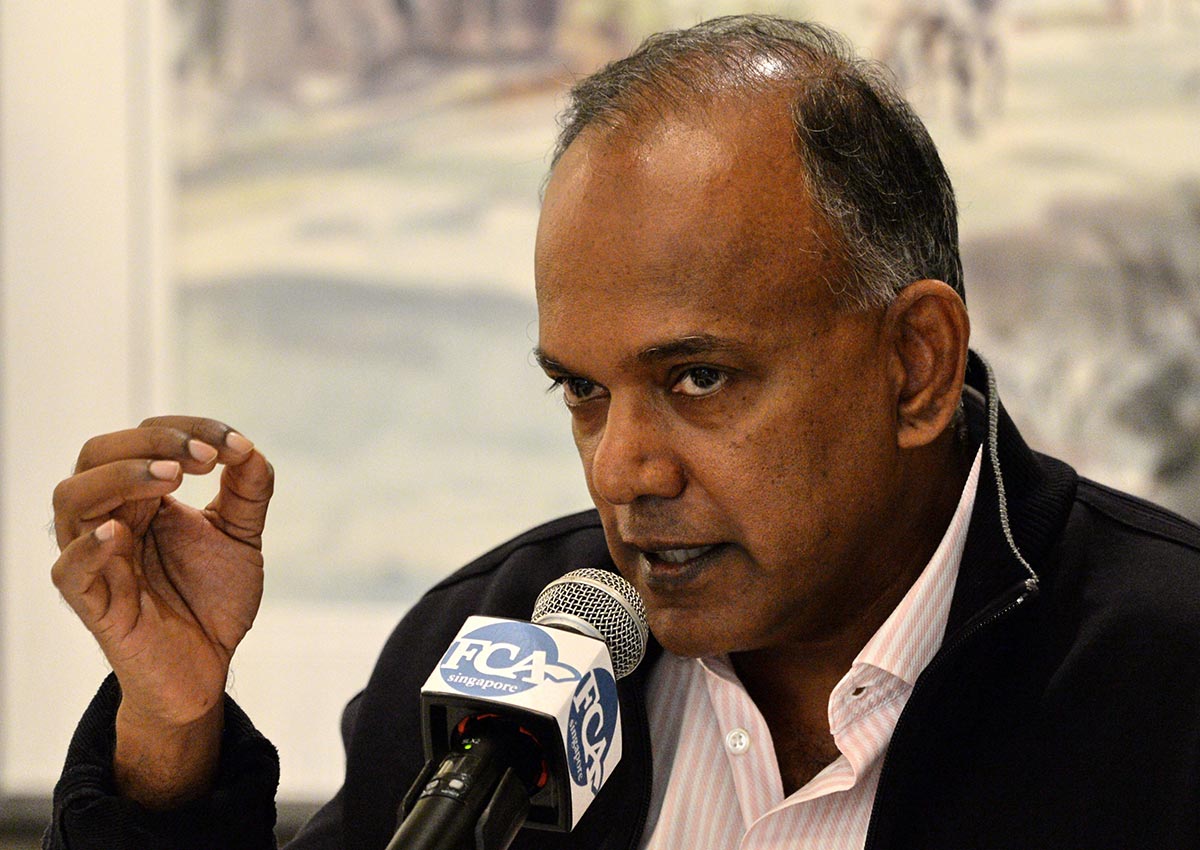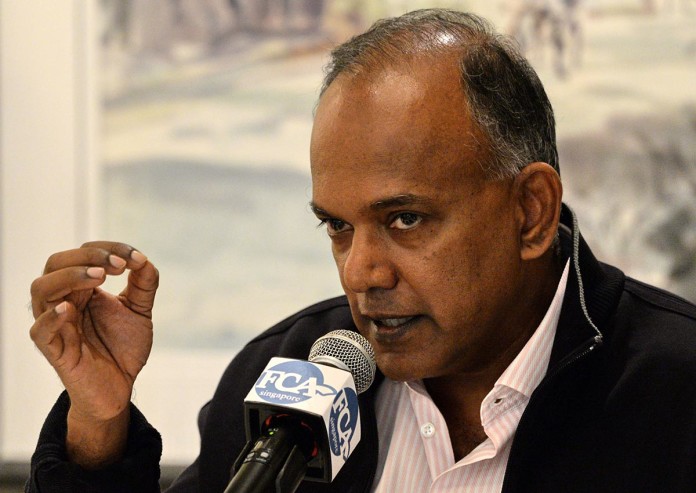SINGAPORE – A Singapore minister said on Friday the threat of an extremist attack was higher now than earlier this year as hardline Islamists are increasingly pushing their agenda in neighbouring Indonesia.
Law and Home Affairs Minister K Shanmugam, speaking to the Foreign Correspondents Association in Singapore, did not specify whether the threat had increased just in the city state or in Southeast Asia generally.
But he made specific reference to last year’s events in Indonesia, where authorities were on high alert and made several arrests but could not stop an attack.
His comments came as tens of thousands of Muslims poured into central Jakarta on Friday to protest against the city’s governor, a Christian accused of insulting the Quran.
“The threat if anything, I think, has increased, compared to last year and earlier this year,” said Shanmugam.
“We see an increasing tempo in terms of the news that is coming out of Indonesia… So I will take the news coming out of Indonesia very seriously. We are in close touch with them,” he said.
Multi-ethnic Singapore, a major commercial, banking and travel hub that is home to many Western expatriates, has never seen a successful attack by Islamist militants. But in recent months, the government has warned the population that a militant attack is a matter of “when”, not “if”.
Authorities broke up a plot to bomb several embassies soon after the Sept 11, 2001, attacks on the United States. A Singaporean militant was accused of plotting to crash a hijacked plane into the city’s airport in 2002.
Earlier this year, Indonesian police arrested six suspected militants believed linked to the Islamic State group and plotting an attack on Singapore.
Shanmugam said at the time the men had planned a rocket attack on Marina Bay, a central entertainment area with a waterfront promenade, giant ferries wheel and casino resort.
Singapore has also jailed six Bangladeshis who were charged with contributing money for attacks in Bangladesh in Singapore’s first ever case of “financing terrorism”.
Shanmugam estimated that about a thousand people had left Southeast Asia to war zones in Syria and Iraq to fight for Islamic State, mostly from Malaysia and Indonesia. “We probably have had about two families from Singapore,” he said. “We are talking about less than 10 (people).”







